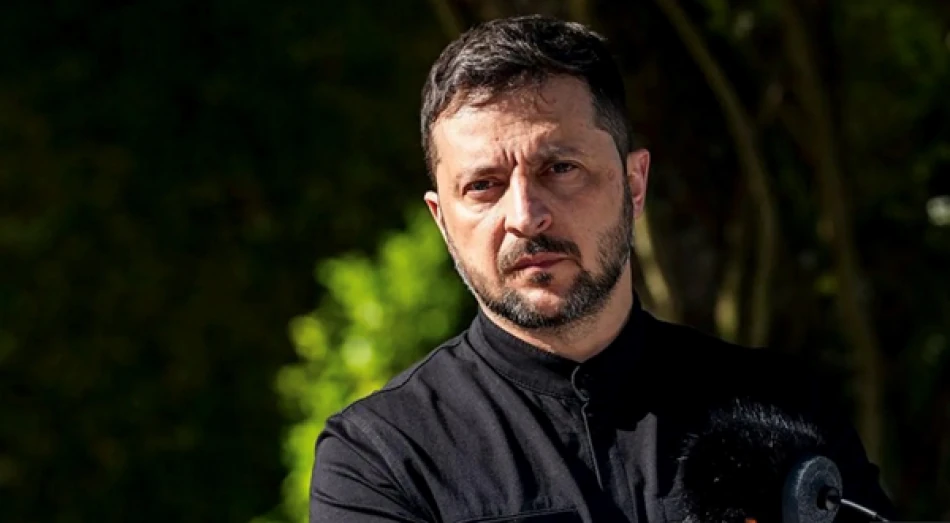
Zelensky Visits Berlin for Crucial Talks Ahead of US-Russia Summit
Zelensky Courts European Allies in Berlin as US-Russia Summit Looms
Ukrainian President Volodymyr Zelensky is making a strategic diplomatic push in Berlin today, participating in high-level video conferences with European leaders at the German Chancellery. The timing appears deliberate—coming just days before a crucial US-Russia summit that could reshape regional security dynamics without Ukrainian input at the negotiating table.
Strategic Timing Reveals Ukrainian Concerns
Zelensky's visit to Berlin signals Ukraine's anxiety about being sidelined in great power negotiations. The Ukrainian leader is leveraging Germany's position as Europe's economic powerhouse and a key NATO ally to ensure Ukrainian interests remain visible ahead of direct US-Russia talks.
This diplomatic maneuvering reflects a familiar pattern in international relations where smaller nations seek to influence outcomes by rallying support from allied powers before bilateral summits between major adversaries.
Germany's Balancing Act
Chancellor Angela Merkel's government finds itself in a delicate position, hosting Zelensky while maintaining economic ties with Russia through projects like Nord Stream 2. Germany's willingness to provide this platform for Ukrainian diplomacy suggests Berlin recognizes the risks of excluding Kyiv from regional security discussions.
European Unity vs. Bilateral Pragmatism
The video conference format allows multiple European leaders to coordinate messaging without the expense and logistics of a full summit. This approach has become standard practice since the COVID-19 pandemic, but it also serves to present a unified European front on Ukraine policy.
Implications for US-Russia Negotiations
Zelensky's European outreach aims to ensure that any US-Russia agreements consider Ukrainian sovereignty and territorial integrity. Historical precedent shows that when major powers negotiate directly, smaller allies' interests can become bargaining chips rather than red lines.
The Ukrainian president's strategy mirrors similar efforts by other nations caught between competing powers—from South Korea during US-China tensions to Baltic states during previous US-Russia negotiations.
Market and Security Implications
Energy markets will be watching closely, as any US-Russia détente could affect sanctions regimes and European energy security arrangements. Ukrainian transit fees for Russian gas remain a significant revenue source for Kyiv, making energy diplomacy inseparable from broader security concerns.
For investors, the diplomatic choreography suggests continued volatility in Eastern European markets and energy sectors until clearer frameworks emerge from these multilateral consultations and the subsequent US-Russia summit.
Most Viewed News

 Layla Al Mansoori
Layla Al Mansoori






